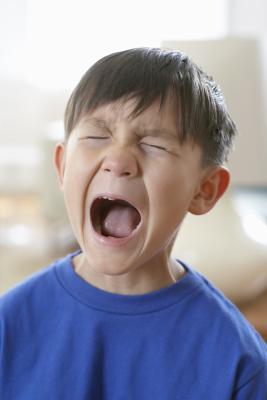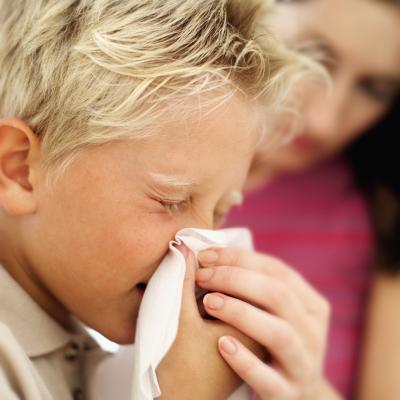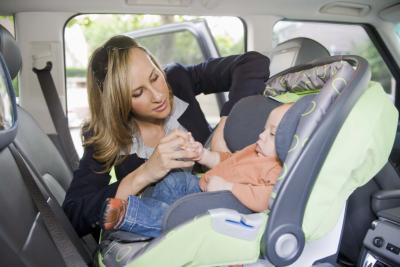Search Results for: direct reports
Peer Pressure in Teenage Pregnancy
Although teen pregnancy rates have fallen in the past several decades, the problem still wreaks havoc on the lives of teens. One factor that leads teen girls to become pregnant is peer pressure. Many teens sexualize themselves or engage in behavior for which they are not yet ready because they want to fit in or be popular. If your child is approaching her teenage years, consider the impact that peer pressure could have on her decisions, and the potential ramifications of this impact.
Behavioral Problems in Autistic Children
Many parents of children with autism find the disorder has a negative impact on their child’s behavior. While this communication disorder is not directly related to behavior, the challenges inherent in autism can also make it more difficult for the child to behave properly and make him more prone to outburst and other undesirable behavioral incidents. By understanding the behavioral problems that often accompany autism, you can help your autistic child manage his behavior.
Common Cold Treatments for Children
On average, children catch a cold between six and eight times each year, according to the University of Rochester Medical Center. Children don’t literally “catch” colds, of course, but upper respiratory infections are extremely contagious and common, especially in kids who attend daycare or school full-time. Colds are not usually serious. Most are easily treatable with home remedies.
Recalls on Child Safety Seats
Child safety seats are meant to protect your child in case of a crash. Car seats must meet certain standards, but sometimes a particular car seat model has a defect or safety concern. Staying on top of safety recalls increases the safety of your child each time she travels in her car seat.
Seizure Disorders in Children
Children who have experienced at least two seizures in their lifetime may be diagnosed with a seizure disorder, also commonly known as epilepsy. When a child has a seizure, changes in the electric activity of his brain can cause him to convulse, pass out or simply stare into space. A seizure disorder can be a frightening thing for a child to have, but with treatment and support, many children go on to live a seizure-free life.




